Spring 2022 Courses
100 Level Courses
HI 103 Medieval Europe
Erica Bastress-Dukehart | 3 credits
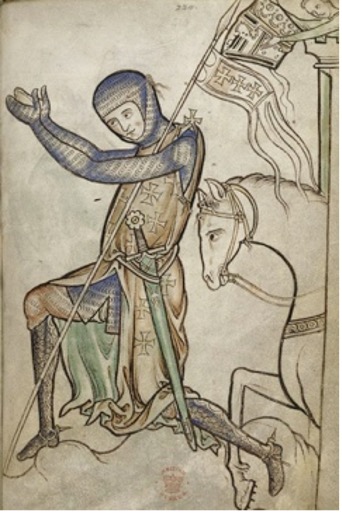
This course is an introduction to the history of Europe between roughly the 5th century and the 15th centuries. This semester we will – chronologically and thematically – explore how philosophy, technology, warfare, religious belief systems, and political alliances transformed a cultural backwater into what we now think of as medieval Europe.
HI 111 Latin American History: An Introduction
Anyeline Mejia-McDonald | 3 credits
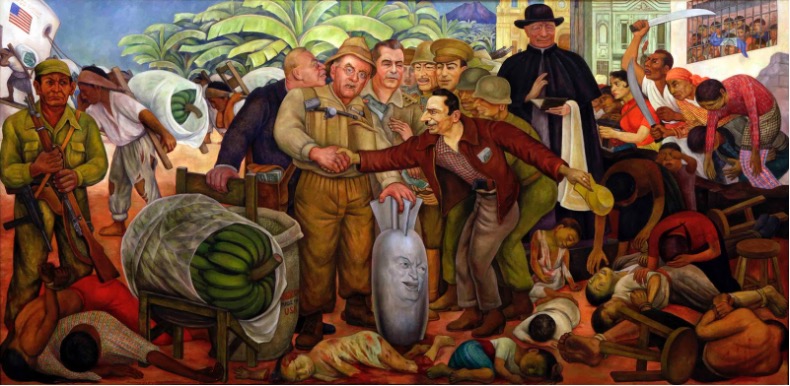
An introduction to the economic, political, social, and intellectual history of Latin America. Students will explore the geography and peoples that forged Latin American society from initial encounters among Europeans, Africans, and Native Americans to contemporary global migrations. We study the political, economic, and social challenges of early nation-state formation in a multicultural context, consider key twentieth century themes of industrialization, revolution, US-Latin American relations, and intellectual trends, and conclude by asking how these many pasts affect the present and future.
Note(s): Fulfills Cultural Diversity and Social Sciences requirements.
HI 145 Making of the Modern Middle East
Murat C. Yildiz | 3 credits
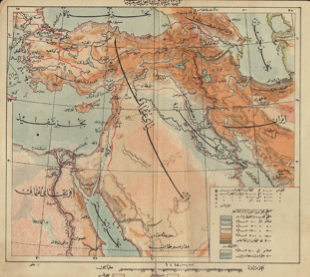
An exploratioin of the political, economic, social, and cultural history of the modern Middle East in a global and comparative historical context. Students will examine the reorganization of state-society relations, the creation of modern government institutions, the constructon of new social and political conceptualizations, and the state's growing involvement in the politics of populatioin management in the Ottoman Empire and Qajar Iran. Students will also explore the processes and practices that were central to the production of the Middle East as both a physical place as well as a discursive concept.
Note(s): Fulfills Non-Western Culture and Social Sciences requirements. Fulfills Humanistic Inquiry and Global Cultural Perspective.
HI 151D Plagues and Contagion
JenniferDelton | 4 credits
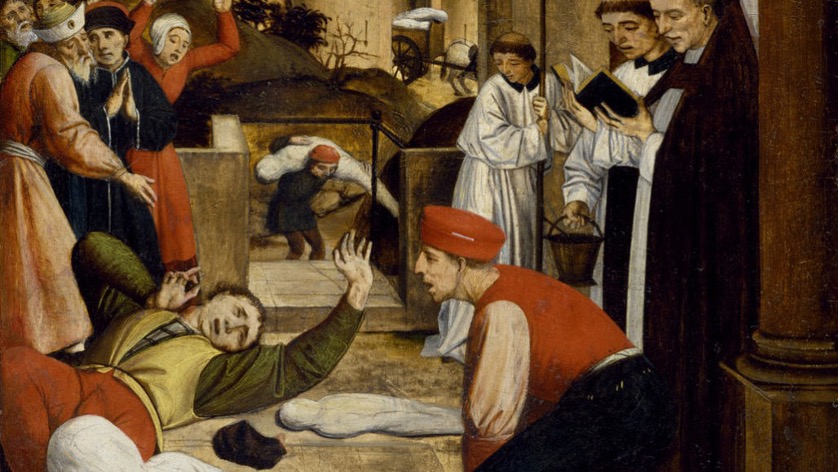
An interdisciplinary social-cultural and environmental history of plagues and contagion, with an emphasis on understanding how people reacted to, dealt with, politicized, and learned from (or not) pandemics in the past. We will examine the social, environmental, and political factors that shaped concepts of "contagion" and illness. Includes units on quarantine and anti-vax movements. The aim is to help us understand our current situation.
HI 151P The Cold War
MatthewHockenos | 4 credits
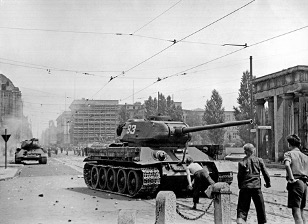
This course examines the U.S.-Soviet rivalry after 1945 – known as the Cold War – from a European and global perspective. In addition to addressing the nuclear arms race and the idealogical struggle between the Soviet Union and the United States, attention will be given to how the Cold War ignited deadly conflicts in Africa, Asia, the Middle East, and Latin America. Our starting point will be the division of Europe at the end of the Second World War and the formation of the Eastern and Western Blocs under Soviet and American hegemony. In the European context we examine the occupation and division of Germany; the Marshall Plan; everyday life behind the Iron Curtain; the Prague Spring; and the revolutions across Eastern Europe that brought down the communist regimes. In the global context we examine the Korean War; the Cuban Missle Crisis; the Vietnam War, and the emergence of China as a superpower. We end the course by examining the explosion of nationalism in the Yugoslav states after the fall of communism and the ethnic cleansing and genocide that takes place there in the 1990s.
200 Level Courses
HI 204 Athens, Alexander the Great, and Cleopatra
Randall Ford | 3 credits

A study of Greece from the Peloponnesian War to the end of Greek independence. Students examine the war between Athens and Sparta and its aftermath, the struggle for preeminence among Greek city-states, the rise of Macedonia, the monarchies of Philip and his son Alexander the Great, the Hellenistic kingdoms, the development off scientific thought, and the last "Greek" monarch, Cleopatra of Egypt. Special emphasis is given to the study of the ancient sources: literary, historiographic, archaeological, and numismatic.
Note(s): Fulfills Social Sciences requirement. Fulfills Humanistic Inquiry and Global Cultural Perspective.
HI 212P The British Empire and the Making of the Modern World
Tillman Nechtman | 4 credits
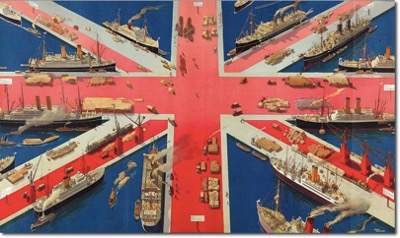
A survey of the history of the British Empire over the course of its five-century history as a means of bridging the past to the present. Students will understand just how the empire helped to shape the map of our modern world. This course will focus on the political, economic, cultural, and ecological causes and consequences of Britain's overseas expansion. Topics include the ecological and biological impact of British imperialism; Elizabethan commercial expansion; the plantings of Ireland; early settlements in the New World and the impact on indigennous peoples; the trans-Atlantic slave trade and the plantation system in the Caribbean; the American Revolution and the end of the first British Empire; the ideologies of the British Raj in India; the "New Imperialism" of the late nineteenth century and the "scramble for Africa"; the transfer of technology and culture; decolonization; and the contemporary legacy of empire.
Prerequisites: SSP100
Note(s): Fulfills Cultural Diversity and Social Sciences requirements. Fulfills Bridge Experience.
HI 224H The Enlightenment
Erica Bastress-Dukehart | 4 credits

This course examines the most important interactions to the place within and among society, politics, and culture that characterized the intellectual and philosophical transformation known as the Enlightenment. Influenced by revolutionary advancements in science and medicine, inflamed by seditious political treatises, and distrustful of Catholic reforms, enlightened thinkers of the eighteenth century sparked the emergence of a new political and literary culture. Ultimately, the intellectual advancements that excited d'Alembert and his fellow philosophes helped to shape the ideological foundations off the American and French Revolutions.
HI 242P China in War and Revolution
Jenny Day | 4 credits
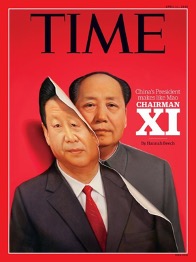
The emergence of modern China-its turbulent and violent transition from an imperial dynasty to a Communist nation-state. Students will study how internal and external crises precipitated reforms and revolutions, how people shed their old identities and took on new ones, how political leaders engineered campaigns and movements – often with disastrous effects – and how this history has been remembered, reflected upon, and remolded by the Chinese themselves.
Note(s): Fulfills Non-Western Culture requirement. Fulfills Social Sciences requirement.
HI 243 Leisure, Pleasure, and Serious Fun in the Middle East
Murat C. Yildiz | 3 credits
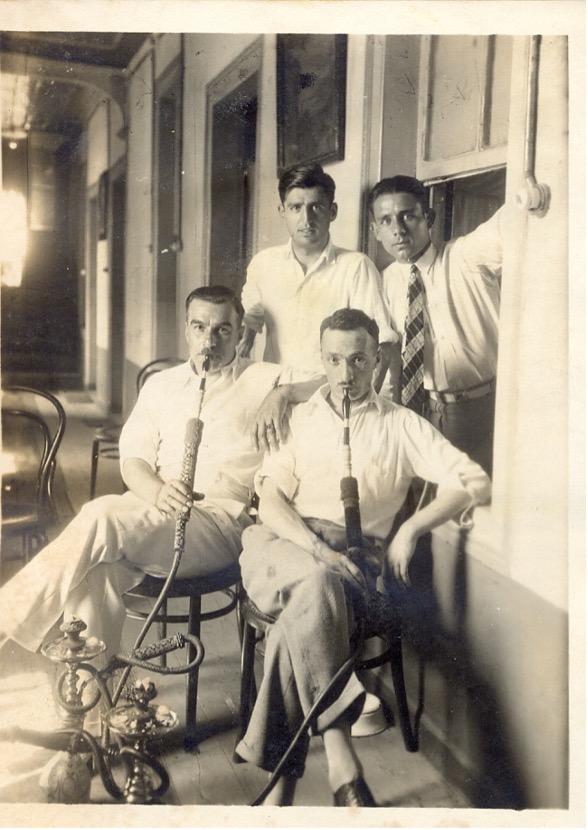
The 19th and 20th centuries were periods in which men and women of the Middle East developed new notions of time, carved out larger spaces for themselves in the expanding public sphere, created novel activities, and experimented with different mood – and mind – molding substances. Throught close readings of secondary and primary sources (including photographs, films, novels, and memoirs), we will examine a number of urban transformations related to leisure and pleasure, including: drugs, tobacco, coffee houses, reading rooms, alcohol, prostitution, public transportation, vernacular photographs, and sports. By creating new narratives around leisure activities, pleasure, and fun, students are able to cultivate a more textured and multidimensional understanding of the making of modernity in the Middle East.
HI 251C Dominican History and Identity
Anyeline Mejia-McDonald | 3 credits
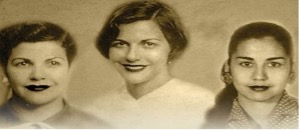
The Dominican Republic is known as a tourist destination, yet few may know how U.S. policy shaped the history of this small country in the Carribean. This course attempts to place the Dominican Republic into the narrative of American history. The Dominican Republic is on the eastern side of the island of Hispaniola, sharing the other half with Haiti. This course will examine how its proximity to Haiti and the U.S. empire influenced the construction of the Dominican nation and identity. From colonialism, independence, dictatorship, and modern democracy, the Dominican Republic has carried a long legacy of violence and silence. The course is constructed through a feminist lens to question the hegemonic patriarchal structures, which often silences the contribution of women and marginalized groups to the nation. The selected books and articles will provide students the tools to think critically about the formation of identity, race, gender, and nation-building through historical narrative and the construction of memory. Students will review historical moments to better understand contemporary issues in the Dominican Republic and the Dominican diaspora affecting individuals across national boundaries as Dominican immigrants have settled in the northest of the United States and elsewhere. Prominent themes considered in this course will include the development of Dominican identity, nation-bulding, race, gender, and migration.
HI 275 Introduction to the History Major
Jennifer Delton | 1 credit
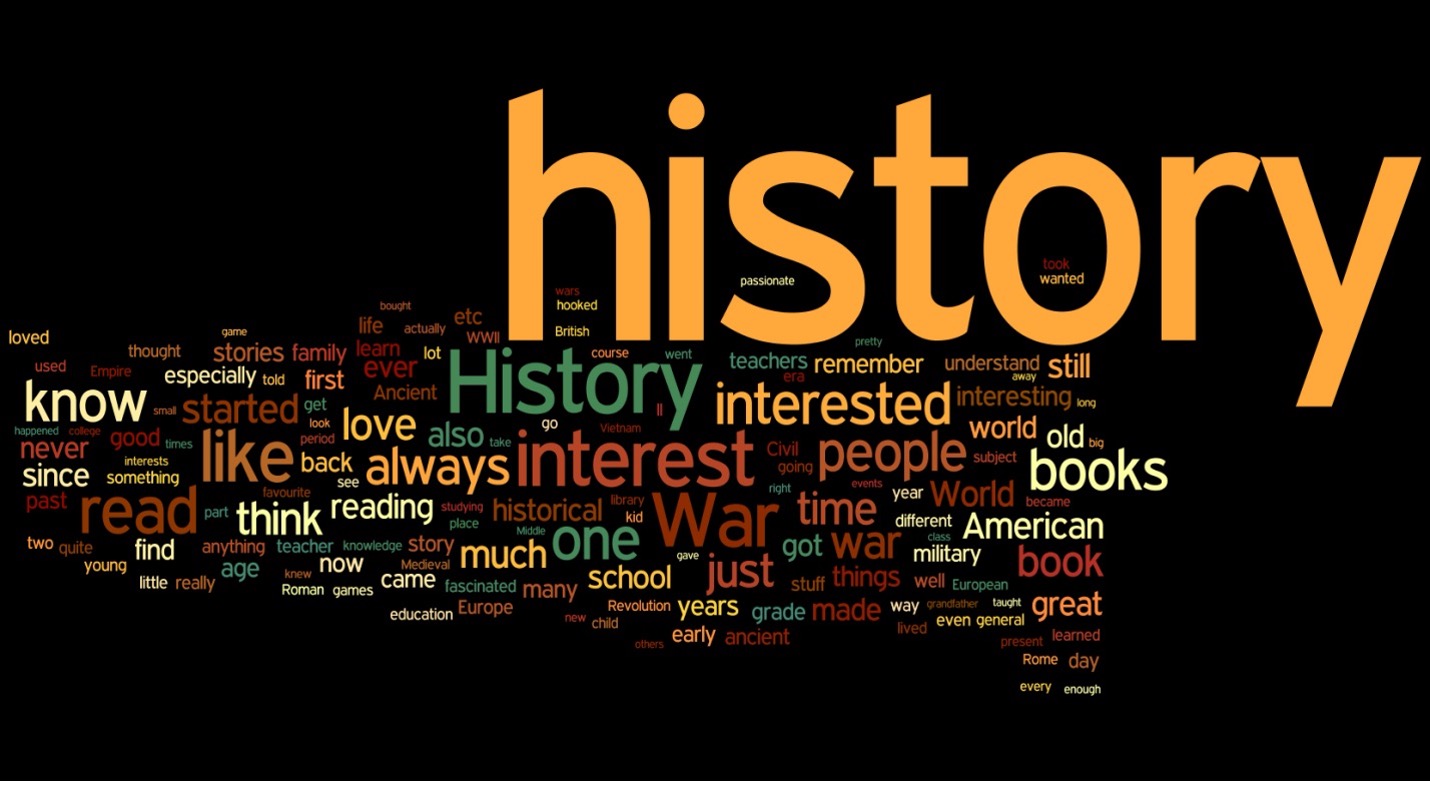
An introduction to the aims of the history major.
Note(s): A prerequisite for the Colloquium. Required for all majors and interdepartmental majors, to be taken in the sophomore or junior years. Open to non-majors with permission of instructor.
300 level courses
HI 329R The U.S. since 1945
Jennifer Delton | 4 credits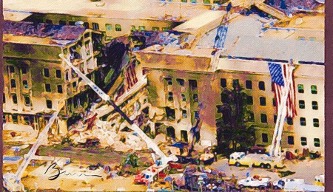
Course examines how the "liberal consensus" of the Cold War Era gave way to the "Reagan Revolution," neoliberalism, and the current economic inequality and political polarization. Research projects will focus on resulting changes in U.S. cities and suburbs.
HI 345P The Body in Middle East History
Murat C. Yildiz | 4 credits
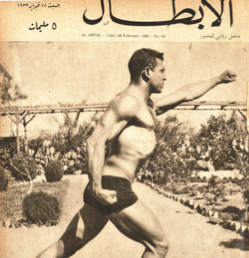
The course will focus on the ways in which the Middle East's experience during the modern period featured important shifts in understandings and practices of the body. Students will consider how modern institutions, like schools, the army, the hospital, civic organizations, and the press, played a transformative role in creating, inculcating, and spreading radically reconfigured understandings of the body throughout the modern Middle East.
HI 35C Latin America Food and Culture
AnyelineMejia-McDonald | 3 credits
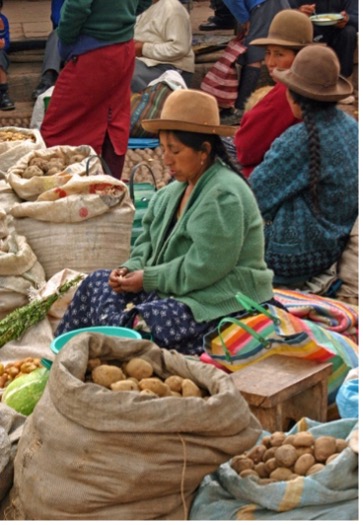
Food is a powerful form of cultural expression full of local and global politics and power relations. This course will examinie Latin American and Latinx historical food staples connected to the development of identity, community, culture, and nation. This course explores the connections between what people in Latin America eat and who they are by studying food production, preparation, and consumption. In particular, the course will take a close look into the often silenced influence of indigenous and Afro-descendant foodways in Latin America and Caribbean nation-states.
HI 351D 001 International Relations in East Asian History
Jenny Day | 4 credits
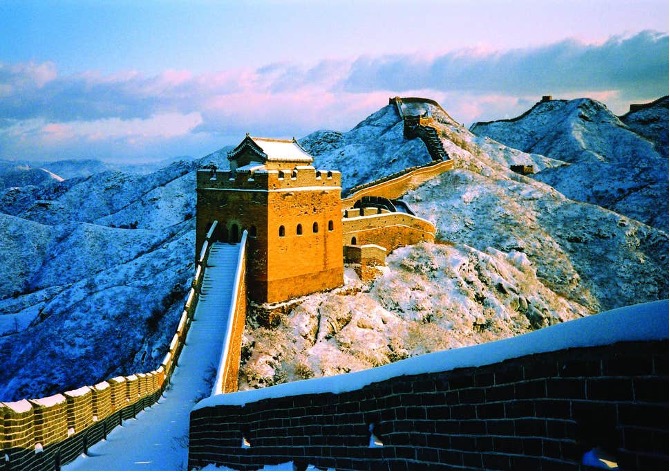
Contemporary discussions of international relations often assume that ideas such as national borders, sovereignty, and international law are modern concepts originated in Europe and impose on the non-West through imperialist expansion. This course challenges this misconception by examining how the East Asian worlds dealt with interstate relations historically. How did empires and states in East Asia conceptualize rulership, make treaties, demarcate borders, and conduct diplomatic negotiations? How did East Asian states regulate border-crossers such as pirates, migrants, refugees, and fugitives? How did transnational populations articulate their cultural identities and weave together different communities across borders? Finally, how did the states in East Asia transition into the modern state system? The class will examine three distinct worlds – the Mongol Empire, the Tibetan Buddhist state, and the Confucian Sinic sphere – to unravel a rich history of international relations in East Asia.
HI 351D 002 How Do You Know That?
Erica Bastress-Dukehart and Tillman Nechtman | 4 credits
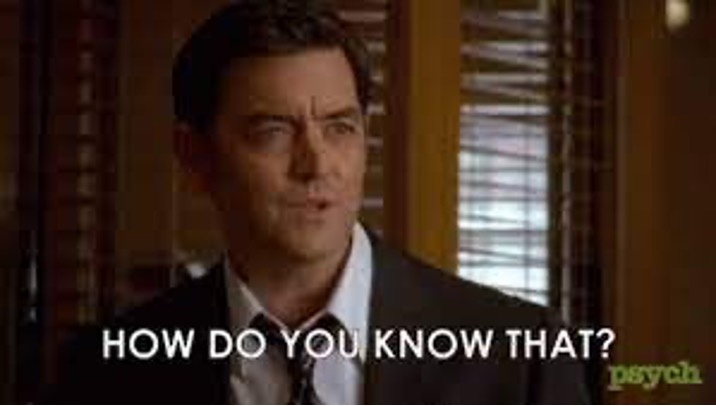
A library can be filled with shelf after shelf of books all themselves filled with history and knowledge. But, have you ever asked yourself: does the library have a history? Do the shelves have a history? Does the book have a history? How is it that we have come to organize and store knowledge as we do? What is the history of western ways of knowing? This course will explore the history of knowledge. From organizational structures like the dictionary to the encyclopedia, from the library to the periodic table of the elements. We will study the history of these structures and explore the implications they have had on our ways of both understanding and knowing the world. Students in this class will ask the profound question: how do I really know the things I know?
HI398A History, Memory, and Me
Tillman Nechtman | 1 credit
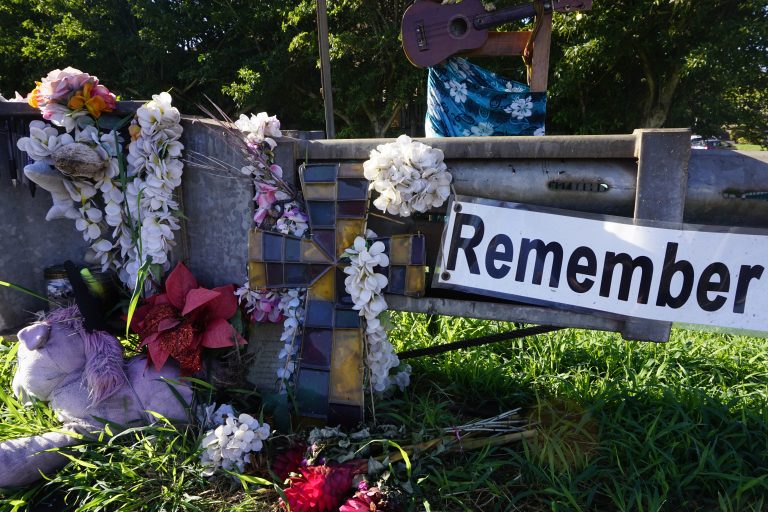
History can serve as a sort of time capsule for us, offering us a glimpse at moments in the past that remind of our own lived moment in the here and now.
This one-credit class is part two of a four-part course over the Spring semesters of 2021, 2022, 2023, and 2024.
Students can take any one of the seminars, several of them, or all of them. Each stands as its own class. Together, they will add up to a four-credit exploration of the themes of history, memory, andmemorialization.
Born of the pandemic moment we have all experienced, this series of courses is designed to ask questions about how remembering the past changes the way we live in the present. In this, part two, of the course, students will explore questions related to history of war and trauma.